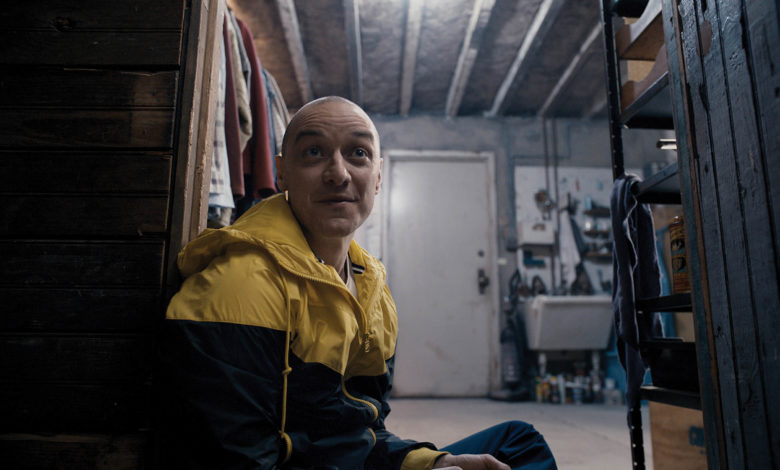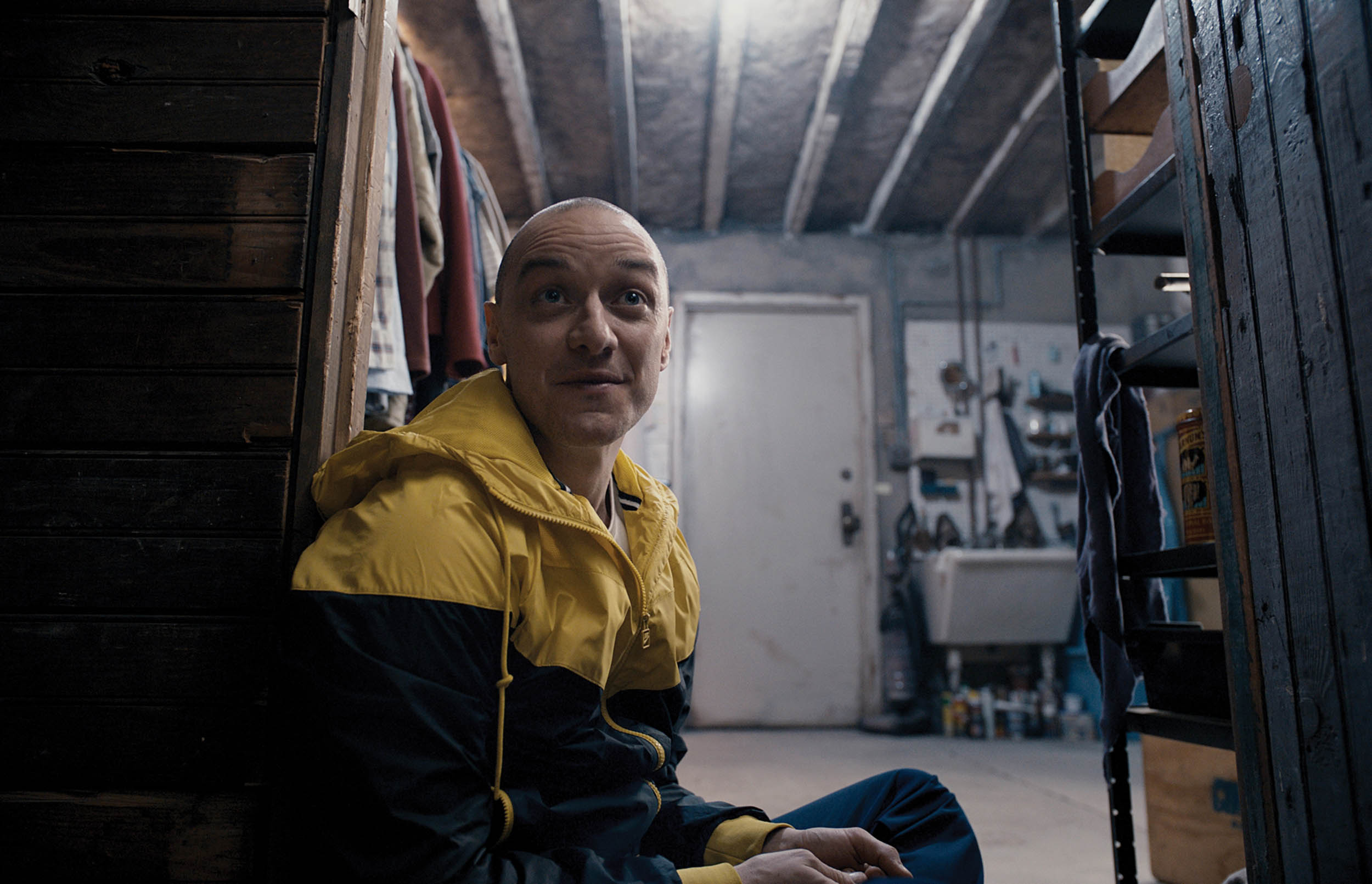M. Night Shyamalan making a good movie in 2017 is the biggest plot twist of all.
The once acclaimed Indian-American director responsible for such highly regarded films as “The Sixth Sense,” “Unbreakable” and “Signs” has produced nothing but stinkers since the early 2000s.
His 2008 movie “The Happening” was nominated for four Golden Raspberry Awards for worst picture, worst actor (Mark Wahlberg), worst director and worst screenplay.
His most recent outing comes in the form of “Split,” a psychological horror featuring Scottish actor James McAvoy, who plays Kevin, a man with 23 personalities. In many ways, the film is something of a return to form for Shyamalan.
While breaking away from the hopelessly terrible is, in itself, impressive — the fact that it has received a 74% score on Rotten Tomatoes is incredible, given his recent track record. But does “Split” actually warrant such a rating?
The movie opens with Kevin abducting three young girls: Casey (Anya Taylor-Joy), Claire (Haley Lu Richardson) and Marcia (Jessica Sula). We are immediately greeted with awkward dialogue amid what should have been an unimaginably tense scenario.

Later, while the odd nature of Casey’s demeanor is partially explained by subsequent flashbacks, in the moment it is one of many obstacles to suspending disbelief. Shyamalan’s proclivity for contemporary stories with supernatural elements lends him to this problem over and over again.
Much to the dismay of mental health advocates everywhere, a complex psychological condition serves as the vehicle to the paranormal in this one. Our antagonist suffers from dissociative identity disorder, formerly (and still colloquially) known as multiple personality disorder. This fits the long-held stereotype in Hollywood of people who suffer from DID as being violent serial killers. Not only is this wholly inaccurate, it’s lazy writing.
Of course, this is not to say that mental illness should necessarily be off limits for creative purposes, but it is sad to see it tackled yet again in the same old predictably played out manner. Despite Kevin’s 23 unique personalities, there is little about him that feels complex or real.
Not only is he vilified for his condition, he is “super vilified.” Each personality has unique abilities, some of which border upon the superhuman. This complements a disturbing theme present throughout the film that paints trauma as something that enhances us. It feels exploitative and fetishizes real life problems that affect people every day.
The story itself is complicated and often difficult to follow. As if a myriad of personalities isn’t enough to make things confusing, the personalities often impersonate one another and make it a habit to try and trick their psychologist into thinking that she is talking to someone she isn’t.
The recognition of this problem is addressed via the aforementioned Dr. Karen Fletcher (Betty Buckley), who serves mostly as a device to explain the convoluted plot to the viewers. She identifies the personalities for you, sets up the disorder’s supernatural abilities through pseudo-scientific word vomit and acts as the compassionate bystander whose presence is only a measure to be contrasted with the growing evil of her patient.
Little of the plot is revealed organically.
McAvoy’s performance is one of the film’s saving graces. His ability to personify the different “alters” as separate, distinct characters in ways that make them interesting is impressive.
That being said, the film could have accomplished just as much with only half the personalities. We are only introduced to a handful that are even remotely consequential.
Devin and Miss Patricia find themselves in a struggle with his usually dominant personality, Barry.
Hedwig, a 9-year-old boy, steals the show. His innocence and naivety amid the hostile environment is the one thing that succeeds in humanizing Kevin. Without him he would be flat and irreparable, even beyond McAvoy’s abilities.
A 24th personality is hinted at, and serves as the basis for much of the plot. The unwinding narrative of “The Beast” is interesting at first, but quickly deteriorates into comedy for how far-fetched it truly is.
Then there’s the ending.
Any knowledge of Shyamalan’s body of work will leave the viewers expecting and searching for his patented plot twist throughout. They may even be made to feel like they’ve discovered it early.
I did. I was wrong.
If you enjoyed his early work, the reveal will likely leave you stunned and breathless. It is both powerful and unexpected and its payoff almost makes the entire hour and forty minutes that precedes it worthwhile. Almost.
As an extension of his overall body of work, “Split” recaptures much of the magic that once made his films spectacular. But as a standalone movie, it fails.
If you are a fan of Shyamalan, this might be just the film you’ve been waiting for. But if you’re simply looking for something to watch at the local movie theater, go ahead and skip this one.



